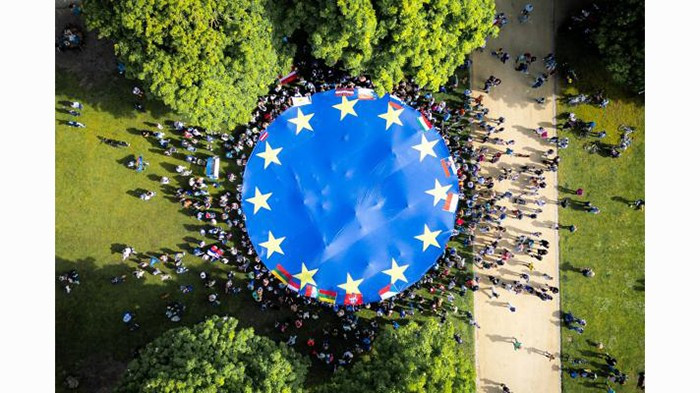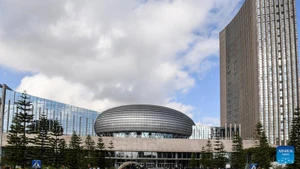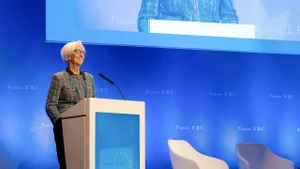After years of waiting, Romania and Bulgaria's full accession to the Schengen area has opened up after Austria removed the final challenge to bring the two countries into the European free-travel zone.
Accordingly, the Austrian Interior Minister announced that the country had lifted its long-held veto of Bulgaria and Romania’s full membership in Schengen.
The decision was confirmed after a recent meeting of three countries’ Interior Ministers, chaired by Hungary, the rotating President of the EU Council.
EU Commissioner for Home Affairs Ylva Johansson hopes that this step will open the door for Romania and Bulgaria to become full members of Schengen after January 2025.
Austria's decision received strong support from the EU. President of the European Commission (EC) Ursula von der Leyen expressed her delight at this positive news, while President of the European Parliament Roberta Metsola hopes that the accession of the two Southeast European countries will add strength to Schengen.
Experts say this is a worthy result of the two countries' efforts over the past ten years. Since becoming official members of the EU in 2007, Romania and Bulgaria have had a difficult journey joining Schengen.
In 2011, the EC confirmed that both countries had met the necessary conditions to become part of the European visa-free area, but the door to Schengen was not opened for many years after that due to opposition from some member states. Romania and Bulgaria's journey to join was virtually deadlocked for 13 years.
It was not until the end of March 2024 that Romania and Bulgaria were able to partially join the Schengen area by eliminating internal border controls for air and sea travel without border checks.
However, land border controls remained in place due to Austria's strong opposition due to concerns about a wave of asylum seekers flooding into Europe through these two countries.
Accession to Schengen will bring significant benefits to Romania and Bulgaria as people can travel freely, businesses can expand and increase their presence in a market of more than 400 million people.
Logistical costs and customs clearance times will also be significantly reduced, benefiting both businesses and consumers.
Romanian Prime Minister Marcel Ciolacu highlighted the positive economic impact of full Schengen membership. The Romanian Ministry of Finance estimates that joining the European free travel area could help the country's economy grow by 0.5% annually.
For the EU, Romania and Bulgaria's accession to Schengen sends a strong message about the union's unity.
This achievement also reinforces the idea of a united Europe, enhancing the EU's image globally. This is particularly meaningful for the EU, especially since many EU countries recently announced tightening internal border controls to prevent illegal immigration and ensure security.
Most recently, the Slovenian Government decided to prolong the internal border control with Croatia and Hungary for another 6 months instead of ending on December 21, 2024.
The Netherlands also introduced temporary border checks with its Schengen neighbours, expected to last 6 months, starting December 9. Similar measures have also been adopted in Italy, Austria, and Germany.
In that context, Romania and Bulgaria’s accession to the Schengen zone is considered a win-win step, not only adding more strength to the two economies but also contributing to promoting solidarity and unity of the EU.
















